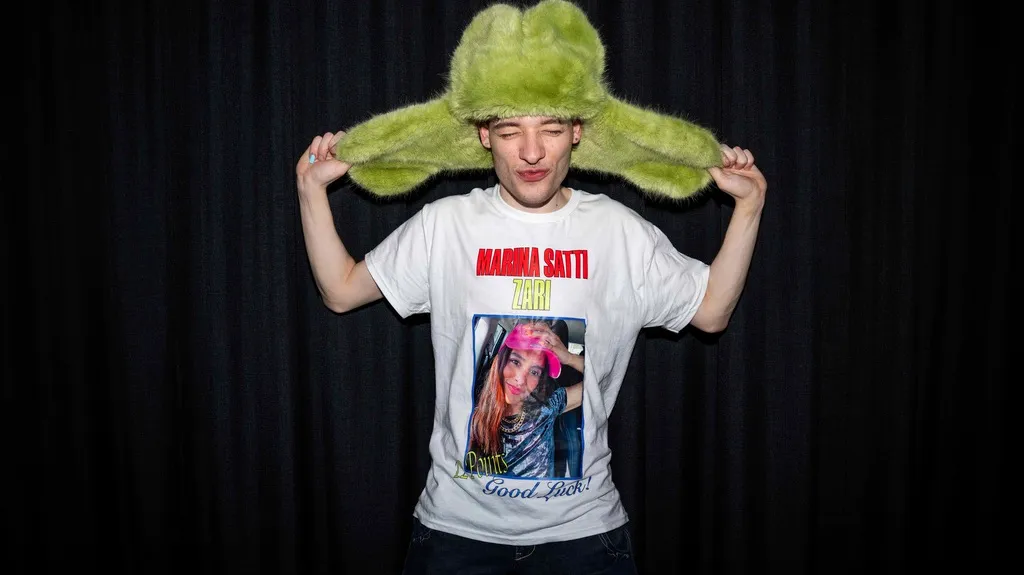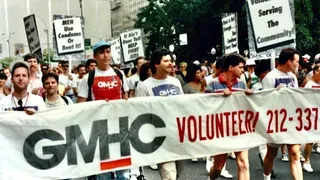December 14, 2017
New Study Shows Resveratrol Can Significantly Slow Cell Aging
READ TIME: 4 MIN.
A new study published in the peer-reviewed journal BMC Cell Biology shows that old cells�can be magically rejuvenated to look younger and even behave more like young cells.��
Researchers at the Universities of Exeter and Brighton observed a mind-boggling transformation by adding resveratrol -- found in red wine, dark chocolate, red grapes and blueberries -- to old cells that had lost the ability to repair themselves.�
Literally, within hours of application, the elderly cells started to divide and had longer telomeres, the protective ends on DNA strands associated with longevity. Telomeres on old cells treated with resveratrol were found to be up to 2.4 times longer than untreated cells!
According to a member of the Exeter research team, "When I saw some of the cells rejuvenating I could not believe it... These old cells were looking like young cells. It was like magic."
"We've known for a long time that resveratrol has many health benefits, including cardio-protection," said nutritionist Jonny Bowden, Ph.D., CNS. "The challenge is that to reach therapeutic levels, you'd have to ingest ridiculous amounts of wine or chocolate, which is both impractical and undesirable," he cautions.
Resveratrol "turns on" genes that are associated with longevity. These genes are known as SIRT genes (sirtuin genes). These genes promote all the processes associated with long and healthy life.
He said that scientists figured this out by studying calorie restriction, which has been shown to extend the life of every species in which it's been tested, from fruit flies to yeast to monkeys. But as a longevity strategy, cutting calories by 1/3 is not a popular option.
Scientists -- mostly led by David Sinclair in Boston -- looked at what it was that made calorie restriction so "anti-aging." Turns out it was that calorie restriction "turned on" these SIRT genes (associated with longevity).
The search for some substance that could do the same thing, without requiring people to stop eating, lead to the discovery of resveratrol.
Bowden, author of the newly revised and updated "The 150 Healthiest Foods on Earth," considers resveratrol to be one of the most important antioxidants for eliminating free radicals that are responsible for many of the health challenges we face as we get older. He recommends using a standardized, time-released, trans-resveratrol supplement.�
You could just load on the red wine and chocolate, but the problem is that the best guesses -- and they are still guesses, but expert ones from scientists -- are that the ideal human dose is between 250mg and 500 mg a day.
But that comes with a two caveats. One, all of that must be TRANS resveratrol, the active ingredient in resveratrol. And two, that amount is next to impossible to get from wine and chocolate, good as those foods are for you.
"Cause you're never gonna get that dose from food alone. And whatever dose you do get is only going to be a certain percentage trans," said Bowden. "It's great that resveratrol is in foods, and they're highly recommended, but to really get the results they see in studies on this stuff, you've got to go supplements."
Bowden cautioned that you must read the fine print, because nearly every 500 mg resveratrol supplement you see will say, in the back with the nutrition facts label, "Standardized to x percent trans."
"So let's say your 500mg resveratrol capsule is standardized to 10 percent trans, a common formulation. That means you're only getting 50mg of resveratrol, which isn't very much," he explained. "I only know of two companies where if the label says Resveratrol 500 mg, there is 500 mg of TRANS resveratrol in that capsule. One of those companies is hard to find and basically mail order, but the other is Reserveage, which is found everywhere. That's the one I use."
Using reseveratol can help reduce free radicals, the nasty little buggers that damage our cells, harm our DNA, age our skin, wear out our organs, and generally age us. In 1952 there was a well-known paper written in the medical literature called the Free Radical Theory of Aging, outlining all the terrible things free radicals do to us on a daily basis.
Free radical biology hasn't changed since then, except, if anything, we're exposed to even more of them. That's where antioxidants come in. (Examples: Vitamin C, vitamin E, selenium, zinc, curcumin, and, speak of the devil, Resveratrol, which gets a great deal of its "power" from its antioxidant activity.)
The molecular mechanism for this is incredibly complicated, and, frankly, is the province of molecular biologists who are still studying it, but here's the short answer: Resveratrol helps regulate the expression of genes associated with DNA repair.
For more information, visit https://reserveage.com/product/resveratrol-500mg/




